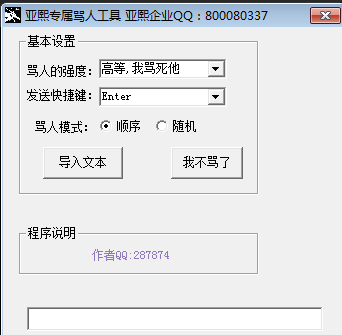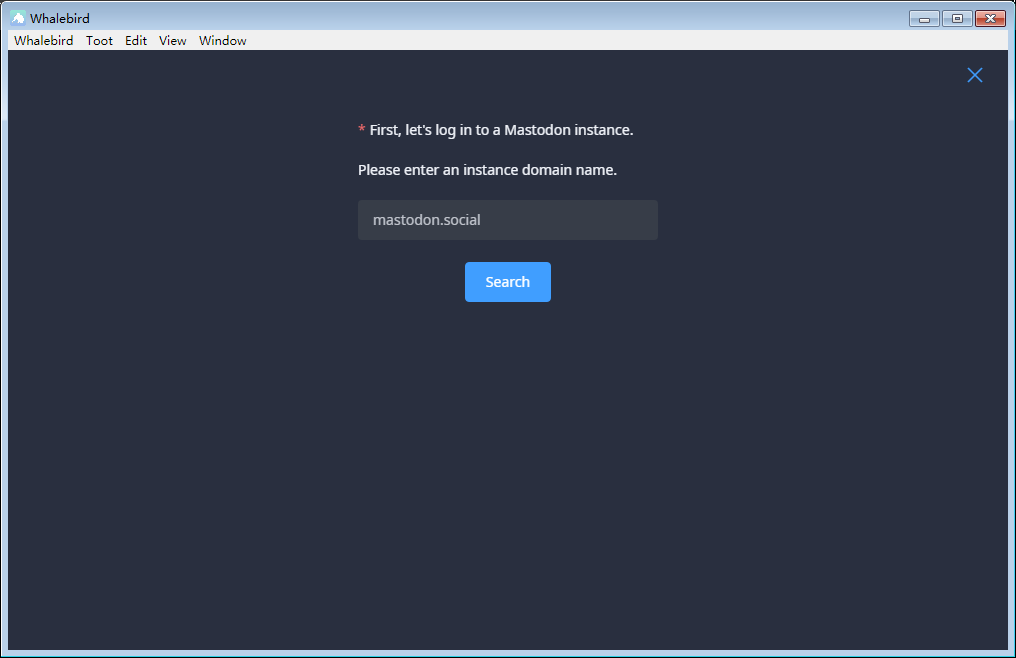nginx怎么代理多个服务器
时间:2023-05-17 20:46
首先修改配置文件: 其中主要的是有两个server,每个server对应的被代理的服务器的不同。从而实现了nginx代理多个服务器的目的。 下面是两个服务server的配置: 下面是测试的结果: 首先两个tomcat中部署两个服务器: 然后启动nginx。 cmd下:start nginx 分别访问这两个server: http://localhost:9922/ngtt/ http://localhost:9977/testnnnn/ 以上就是nginx怎么代理多个服务器的详细内容,更多请关注Gxl网其它相关文章!#user nobody; worker_processes 1; #error_log logs/error.log; #error_log logs/error.log notice; #error_log logs/error.log info; #pid logs/nginx.pid; events { worker_connections 1024; } http { include mime.types; default_type application/octet-stream; #log_format main '$remote_addr - $remote_user [$time_local] "$request" ' # '$status $body_bytes_sent "$http_referer" ' # '"$http_user_agent" "$http_x_forwarded_for"'; #access_log logs/access.log main; sendfile on; #tcp_nopush on; #keepalive_timeout 0; keepalive_timeout 65; #gzip on; server { listen 9922; server_name firstproxyserver; #charset koi8-r; #access_log logs/host.access.log main; #location / { #root html; #index index.html index.htm; #} location / { proxy_pass http://localhost:8989; } #error_page 404 /404.html; # redirect server error pages to the static page /50x.html # error_page 500 502 503 504 /50x.html; location = /50x.html { root html; } # proxy the php scripts to apache listening on 127.0.0.1:80 # #location ~ .php$ { # proxy_pass http://127.0.0.1; #} # pass the php scripts to fastcgi server listening on 127.0.0.1:9000 # #location ~ .php$ { # root html; # fastcgi_pass 127.0.0.1:9000; # fastcgi_index index.php; # fastcgi_param script_filename /scripts$fastcgi_script_name; # include fastcgi_params; #} # deny access to .htaccess files, if apache's document root # concurs with nginx's one # #location ~ /.ht { # deny all; #} } server { listen 9977; server_name secondproxyserver; #charset koi8-r; #access_log logs/host.access.log main; #location / { #root html; #index index.html index.htm; #} location / { proxy_pass http://localhost:8080; } #error_page 404 /404.html; # redirect server error pages to the static page /50x.html # error_page 500 502 503 504 /50x.html; location = /50x.html { root html; } # proxy the php scripts to apache listening on 127.0.0.1:80 # #location ~ .php$ { # proxy_pass http://127.0.0.1; #} # pass the php scripts to fastcgi server listening on 127.0.0.1:9000 # #location ~ .php$ { # root html; # fastcgi_pass 127.0.0.1:9000; # fastcgi_index index.php; # fastcgi_param script_filename /scripts$fastcgi_script_name; # include fastcgi_params; #} # deny access to .htaccess files, if apache's document root # concurs with nginx's one # #location ~ /.ht { # deny all; #} } # another virtual host using mix of ip-, name-, and port-based configuration # #server { # listen 8000; # listen somename:8080; # server_name somename alias another.alias; # location / { # root html; # index index.html index.htm; # } #} # https server # #server { # listen 443 ssl; # server_name localhost; # ssl_certificate cert.pem; # ssl_certificate_key cert.key; # ssl_session_cache shared:ssl:1m; # ssl_session_timeout 5m; # ssl_ciphers high:!anull:!md5; # ssl_prefer_server_ciphers on; # location / { # root html; # index index.html index.htm; # } #} }server { listen 9922; server_name firstproxyserver; #charset koi8-r; #access_log logs/host.access.log main; #location / { #root html; #index index.html index.htm; #} location / { proxy_pass http://localhost:8989; } #error_page 404 /404.html; # redirect server error pages to the static page /50x.html # error_page 500 502 503 504 /50x.html; location = /50x.html { root html; } # proxy the php scripts to apache listening on 127.0.0.1:80 # #location ~ .php$ { # proxy_pass http://127.0.0.1; #} # pass the php scripts to fastcgi server listening on 127.0.0.1:9000 # #location ~ .php$ { # root html; # fastcgi_pass 127.0.0.1:9000; # fastcgi_index index.php; # fastcgi_param script_filename /scripts$fastcgi_script_name; # include fastcgi_params; #} # deny access to .htaccess files, if apache's document root # concurs with nginx's one # #location ~ /.ht { # deny all; #} } server { listen 9977; server_name secondproxyserver; #charset koi8-r; #access_log logs/host.access.log main; #location / { #root html; #index index.html index.htm; #} location / { proxy_pass http://localhost:8080; } #error_page 404 /404.html; # redirect server error pages to the static page /50x.html # error_page 500 502 503 504 /50x.html; location = /50x.html { root html; } # proxy the php scripts to apache listening on 127.0.0.1:80 # #location ~ .php$ { # proxy_pass http://127.0.0.1; #} # pass the php scripts to fastcgi server listening on 127.0.0.1:9000 # #location ~ .php$ { # root html; # fastcgi_pass 127.0.0.1:9000; # fastcgi_index index.php; # fastcgi_param script_filename /scripts$fastcgi_script_name; # include fastcgi_params; #} # deny access to .htaccess files, if apache's document root # concurs with nginx's one # #location ~ /.ht { # deny all; #} }






























